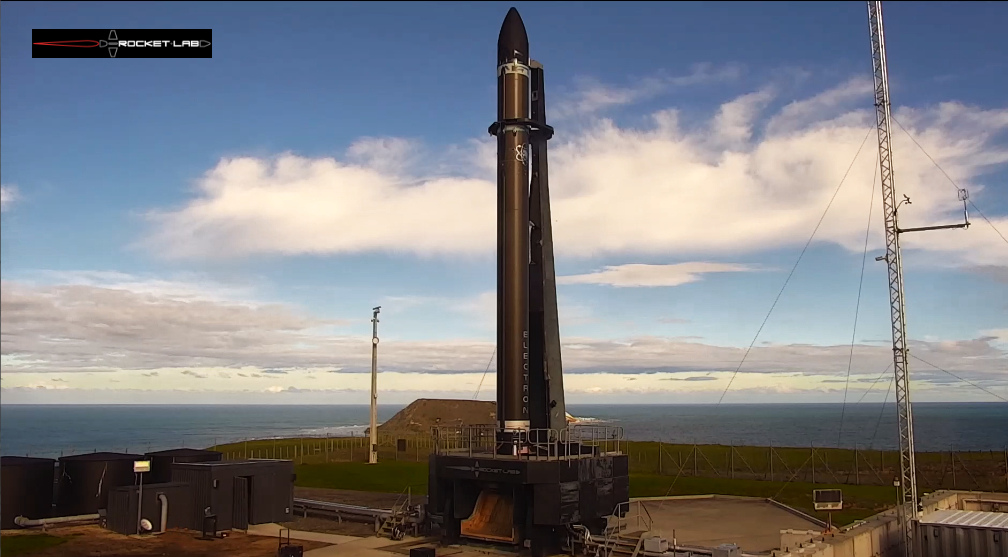
Rocket Lab has concluded an extensive review into the cause of the anomaly that resulted in the loss of the company’s “Running Out Of Toes” mission that was launched on May 15, 2021. With the root cause of the issue identified and corrective measures now in place, Electron will be back on the pad for the next mission from Launch Complex 1 later this month.
The May 15 anomaly occurred after 17 successful orbital flights of the Electron launch vehicle, which has deployed more than 100 satellites to orbit since 2018. Immediately following the anomaly, Rocket Lab launched a rigorous internal review, assembling its investigation team with oversight by the Federal Aviation Administration (FAA). The investigation team scoured thousands of channels of telemetry and systems data from the flight and worked systematically through an extensive fault tree analysis to determine the cause of the failure.
The review concluded that an issue occurred within the second stage engine igniter system almost three minutes and 20 seconds into the flight. This induced a corruption of signals within the engine computer that caused the Rutherford engine’s thrust vector control (TVC) to deviate outside nominal parameters and resulted in the engine computer commanding zero pump speed, shutting down the engine.
The igniter fault resulted from a previously undetectable failure mode within the ignition system that occurs under a unique set of environmental pressures and conditions. The issue was not evident during extensive pre-flight testing for this mission, including more than 400 seconds of burn for this particular engine, more than 1,500 Rutherford engine hot fires to date and 17 successful orbital launches. Rocket Lab has since been able to reliably replicate the issue in testing and has implemented redundancies in the ignition system to prevent any future re-occurrence, including modifications to the igniter’s design and manufacture.
The anomaly review confirmed that Electron’s first stage performed flawlessly during the mission and did not contribute to the flight issue. As a result, Rocket Lab was able to conduct a successful reentry, ocean splashdown and recovery of the first stage as planned, marking a major milestone in the company’s program to make Electron a reusable launch vehicle.
Satisfied with its own review of the May 15 launch, the FAA confirmed in June that Rocket Lab’s launch license remains active. With corrective measures now in place, Rocket Lab is returning to the pad with an even more reliable launch vehicle to meet a busy launch schedule in the second half of 2021.
Details of the next Electron mission will be made available in the coming days.
